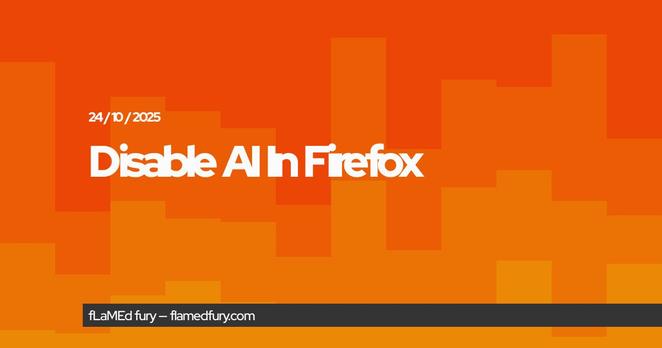Microsoft is reportedly rethinking its Windows 11 AI push, scaling back intrusive Copilot integrations and reassessing Recall after strong privacy and usability backlash from power users. 🤖
The focus is shifting from “AI everywhere” toward more meaningful, less invasive features that better respect user control and data practices. 🛡️
#TechNews #Windows11 #Microsoft #AI #Copilot #Privacy #Security #UX #Software #PC #Data #UserControl #Productivity #Cloud #Trust #Windows

Microsoft is reevaluating its AI efforts on Windows 11 — plans to reduce Copilot integrations and evolve Recall
People familiar with Microsoft's plans say that the company moving to streamline or remove certain Copilot integrations across in-box apps like Notepad and Paint in 2026, after pushback from users.



